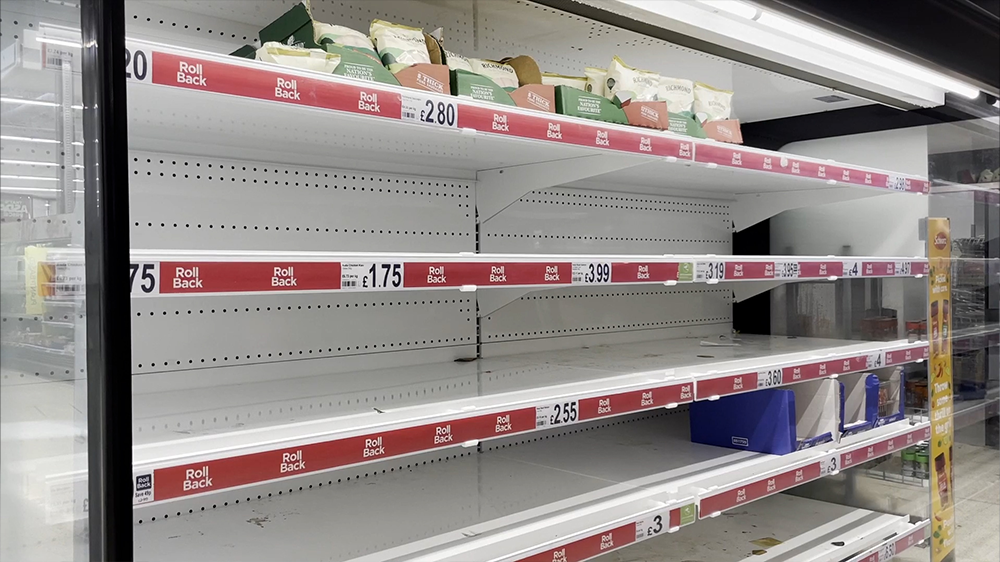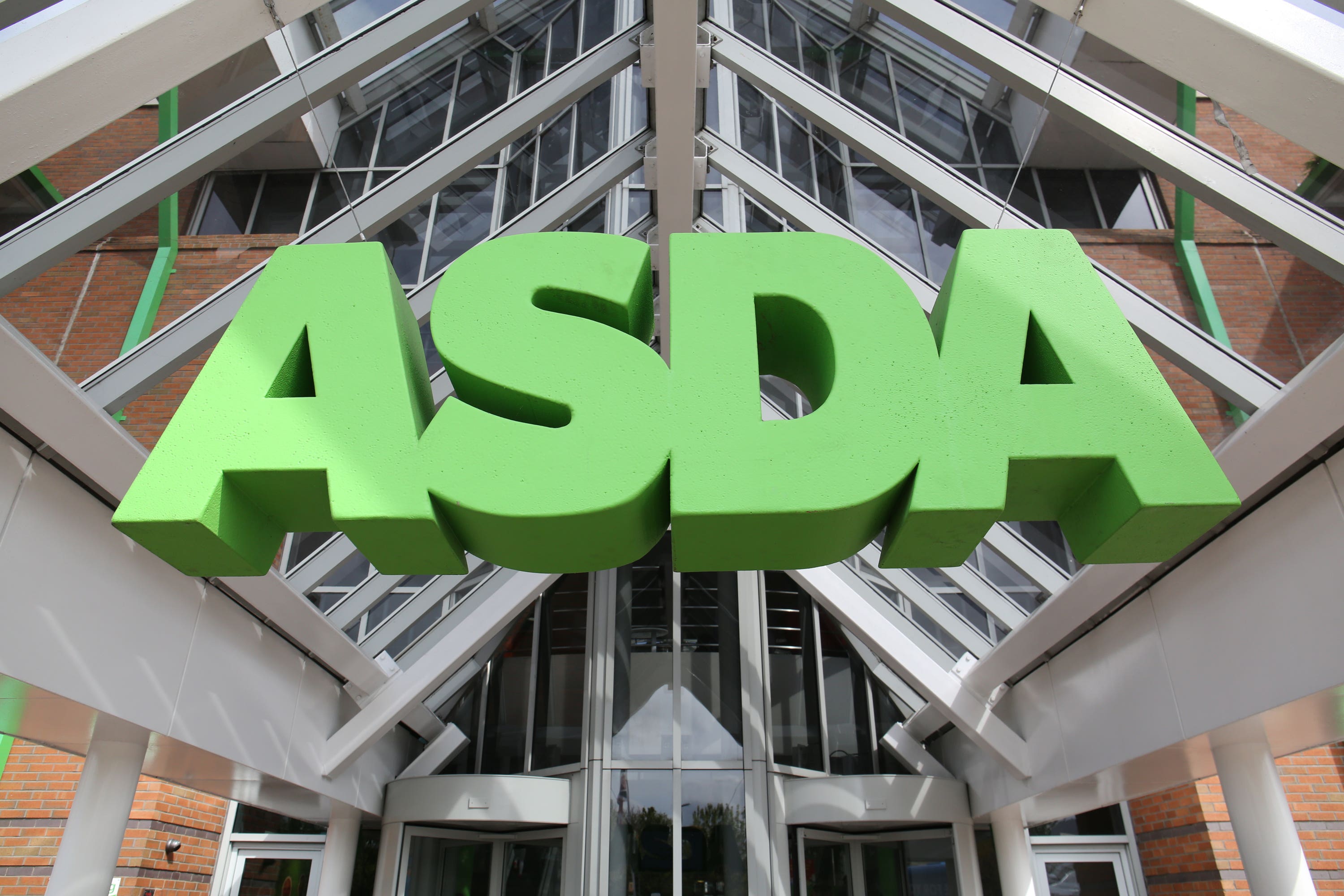Supermarket rationing: What products are affected and why?
Growers and suppliers in Morocco have had to contend with cold temperatures
Your support helps us to tell the story
From reproductive rights to climate change to Big Tech, The Independent is on the ground when the story is developing. Whether it's investigating the financials of Elon Musk's pro-Trump PAC or producing our latest documentary, 'The A Word', which shines a light on the American women fighting for reproductive rights, we know how important it is to parse out the facts from the messaging.
At such a critical moment in US history, we need reporters on the ground. Your donation allows us to keep sending journalists to speak to both sides of the story.
The Independent is trusted by Americans across the entire political spectrum. And unlike many other quality news outlets, we choose not to lock Americans out of our reporting and analysis with paywalls. We believe quality journalism should be available to everyone, paid for by those who can afford it.
Your support makes all the difference.Two supermarket chains have started rationing selected fruit and vegetables as supply issues caused empty shelves across the country.
Retailers have warned that the shortages could last for weeks as bad weather and transport problems in Africa and Europe have left supermarkets with a low supply of tomatoes and other fresh produce.
Growers and suppliers in Morocco have had to contend with cold temperatures, heavy rain, flooding and cancelled ferries over the past few weeks – all of which have affected the volume of fruit reaching Britain. Supplies from Britain’s other major winter source, Spain, have also been badly affected by bad weather.
Production problems in Morocco began in January with unusually cold night-time temperatures that affected tomato ripening.

These were compounded by ferry cancellations due to bad weather, hitting lorry deliveries. Producers in Morocco have also reported having to cut back on their use of greenhouses due to higher electricity prices.
However, UK producers are beginning to move into their growing season, which is expected to ease the longer-term situation as retailers also look to alternatives to produce from Spain and northern Africa.
Commenting on the shortages, the Best for Britain campaign group also said while Brexit was not responsible for the adverse conditions currently hitting crops, it had impacted supply chains over the past few years.
The group warned of empty shelves on a regular basis without an effort to remove trade friction with the EU.
“Brexit is not responsible for the adverse conditions which have impacted crops this year, but it has made UK supply chains less resilient and increased costs for both importers and exporters,” chief executive Naomi Smith told The Independent.
Here, we explain which products are affected and which supermarkets are limiting sales.
Which products are affected?
Tomatoes are not the only fresh produce affected, a wide variety of fruit and vegetables are also in short supply.
Citrus (including oranges and lemons), brassicas (such as broccoli and cauliflower) and salad crops (cucumbers, lettuce and tomatoes) have been impacted.
Volumes of tomatoes, cucumbers, peppers and aubergines are down by more than a fifth year-on-year in the key growing region of Almeria, according to Spanish growers association FEPEX. Courgettes have also been affected.
Paul Rowe, head of procurement for salads and vegetables at Poupart Imports has warned that supplies would remain “particularly tight” until next month when “new crops start to come out of Northern Europe”.
He also said there are massive lettuce shortages, with iceberg lettuces going for £1.40 a piece.
Which supermarkets are limiting sales?
Asda announced it will be limiting customers to a maximum of three items such as tomatoes, peppers, lettuce and broccoli.
Customers will also be limited to three bags of salad, cauliflower and raspberries.
Morrisons will also start a ban of more than two items tomorrow, limiting purchases of tomatoes, cucumbers, lettuce and peppers.
Approached for comment by The Independent, Lidl, Tesco and Sainsbury’s have confirmed that they are not yet rationing similar items.

An Asda spokesman said: “Like other supermarkets, we are experiencing sourcing challenges on some products that are grown in southern Spain and north Africa.
“We have introduced a temporary limit of three of each product on a very small number of fruit and vegetable lines, so customers can pick up the products they are looking for.”
Andrew Opie, director of food and sustainability at the British Retail Consortium, which represents UK supermarkets, said: “Difficult weather conditions in the south of Europe and northern Africa have disrupted harvest for some fruit and vegetables including tomatoes and peppers.
“While disruption is expected to last a few weeks, supermarkets are adept at managing supply chain issues and are working with farmers to ensure that customers are able to access a wide range of fresh produce.”




Join our commenting forum
Join thought-provoking conversations, follow other Independent readers and see their replies
Comments